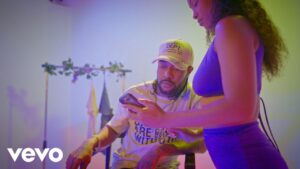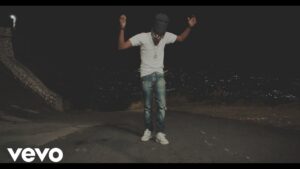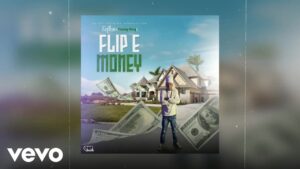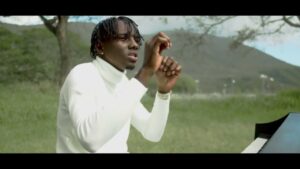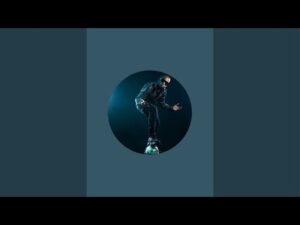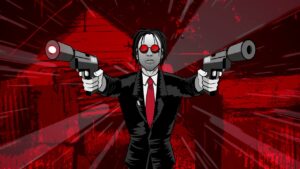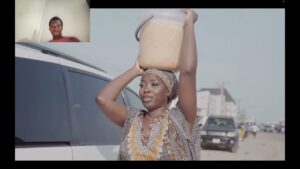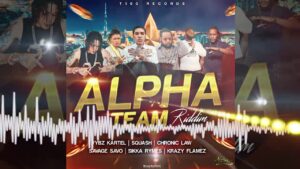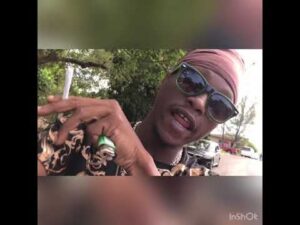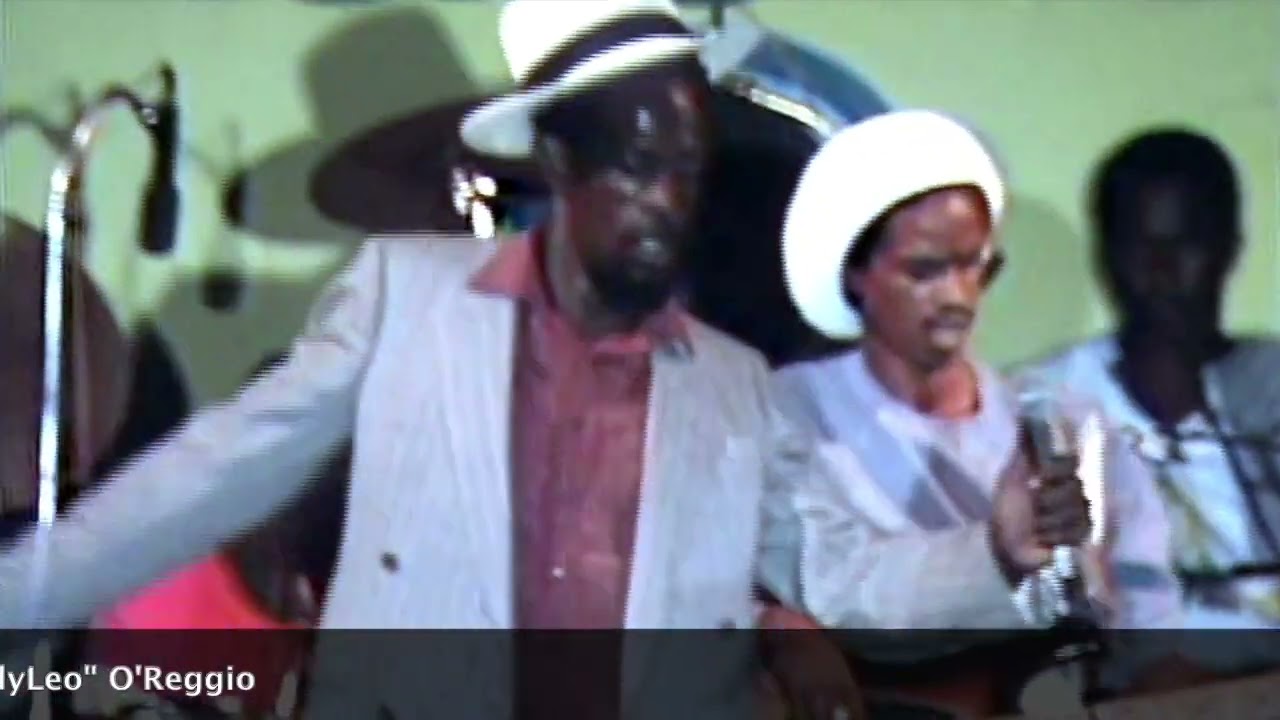
Jamaica 60 Icons: Gregory Isaacs, General Trees, Muta, Peter Metro, Judy Mowatt.
2022
@LeoOReggio
Facebook: facebook.com/everoreggio
Instagram: https://www.instagram.com/takeonejamaica/
E-Store: https://leosretroreggaestore.company.site/
Another video in my Jamaica 60th year of Independence celebration series, celebrating reggae dancehall icons, Gregory Isaacs, General Trees, Judy Mowatt, Mutabaruka, and Peter Metro, The wonderful thing about these performances is that you are seeing them when they were young and vibrantly fresh.
Judith Veronica Mowatt, OD (born 1952) is a Jamaican reggae artist. As well to being a solo artist, from 1974 she was also a member of the I Threes, the trio of backing vocalists for Bob Marley & The Wailers. Mowatt was born in Gordon Town, St. Andrew Parish, Jamaica. At the age of 13, she became a member of a dance troupe that toured Jamaica and other islands in the Caribbean. Her initial ambition was to become a registered nurse. Her earliest musical influences were Aretha Franklin, Otis Redding, Curtis Mayfield, Dionne Warwick, Bob Marley, Marcia Griffiths, The Staple Singers, and The Soulettes. A coincidental meeting with two teenage girls who were earlier in her dance troupe led to the formation of the Gaylettes, in 1967.
In 1974, Mowatt got her big break by joining Bob Marley’s backing vocal trio the “I Threes”. Her Black Woman album (Ashandan, 1979) came out the same year as I Three member Marcia Griffiths’s album at Studio One. It is considered by many critics to be the greatest reggae album by a female artist. It was also the first reggae album recorded by a woman acting as her own producer.
She became the first female singer nominated for a Grammy Award in the category of reggae music when her Working Wonders album was nominated in 1985.
Formerly a member of the Rastafari movement, in the late 1990s she converted to Christianity and now sings Gospel music.
In 1999 the Jamaican government made her an Officer of the Order of Distinction for “services to music”.
Allan Hope (born 1952), better known as Mutabaruka, is a Jamaican Rastafari dub poet, musician, actor, educator, and talk-show host, who developed two of Jamaica’s most popular radio programmes, The Cutting Edge and Steppin’ Razor. His name comes from the Rwandan language and translates as “one who is always victorious”. His themes include politics, culture, Black liberation, social oppression, discrimination, poverty, racism, sexism, and religion.
Mutabaruka was born and raised in Rae Town, Kingston, Jamaica, in a household with his father, mother, and two sisters. When he was eight years old his father died. Mutabaruka attended the Kingston Technical High School, where he trained in electronics for four years, going on to work for the Jamaican Telephone Company until eventually quitting in 1971.
Raised as a Roman Catholic he began examining and immersing himself in the Rastafari movement. He stopped combing his hair and started growing dreadlocks, changing to an ital diet, and even stopped wearing shoes as he became a Rastafari. He adopted the name Mutabaruka, a term from the Rwandan language, Kinyarwanda, meaning “one who is always victorious”.
Mutabaruka left Kingston in 1971, relocating to the Potosi Hills, where he lived with his wife and two children in a house that he built himself. He was among the new wave of Jamaican poets that emerged in the early 1970s.
In 1977 he began performing live, backed by his band, Truth. He had a hit record in Jamaica the following year with “Outcry”, backed by Cedric Brooks’ the Light of Saba. He became known internationally after his performance at Reggae Sunsplash in 1981, the first of several performances at the festival. His 1983 release Check It was released on Chicago blues label Alligator Records, and further increased his popularity. He went on to record collaborations with both Gregory Isaacs and Dennis Brown, on “Hard Road to Travel” and “Great Kings of Africa” respectively. He continued to record and perform, and in the mid-1990s began presenting a late-night talk show on radio station Irie FM called The Cutting Edge and quickly became one of Jamaica’s most sought-after and controversial radio personalities.
In 2007 he taught African-American studies at Merritt College in California. He has lectured and performed at many establishments in Jamaica and the United States.
In August 2011 Mutabaruka spoke at the First Jamaica Poetry Festival in honour of Marcus Garvey and Louise Bennett. On the final day of the Rastafari Studies Conference, professors of the West Indies described Mutabaruka as an icon. His outspoken statements on theology and the oppressive roles played by religious institutions have generated much controversy.
Although he is a non-smoker, Mutabaraku has campaigned for the decriminalization of cannabis.
In 2016, the government of Jamaica awarded Mutabaruka the Order of Distinction, Commander Class (one of the highest distinctions in the country), in recognition of his cultural contributions.

